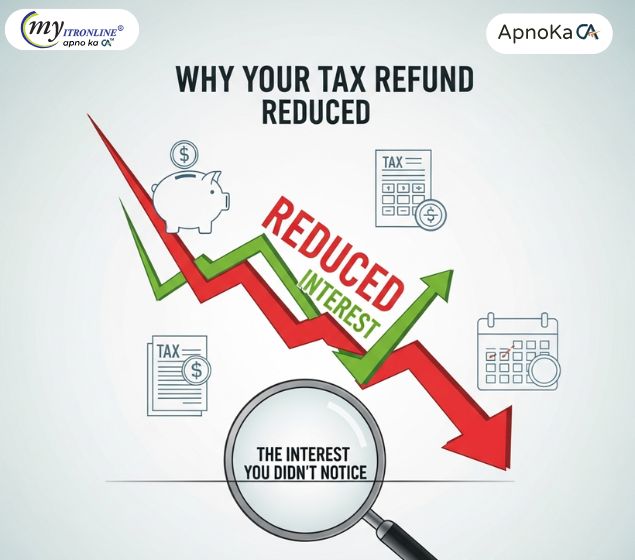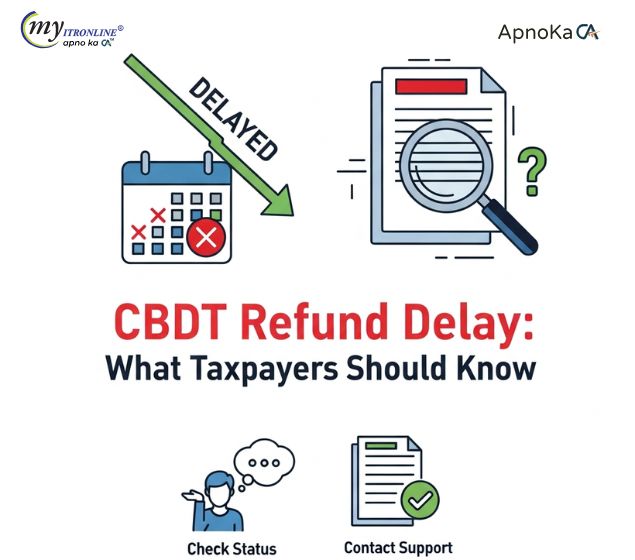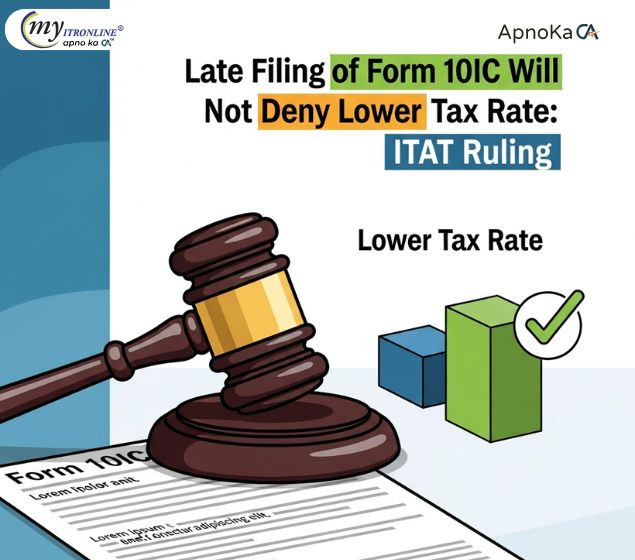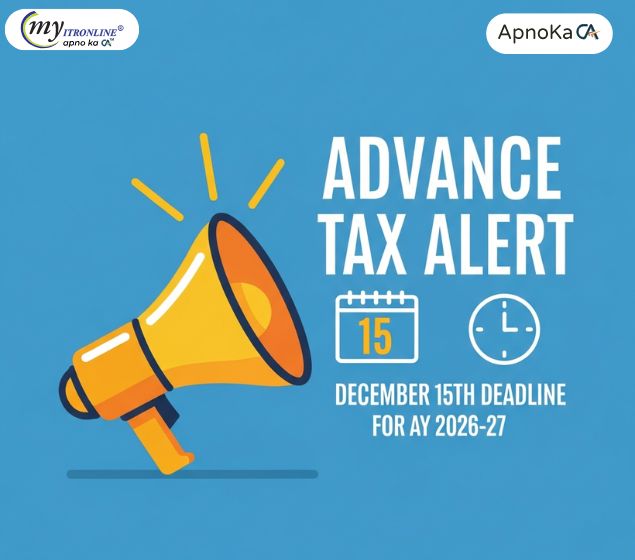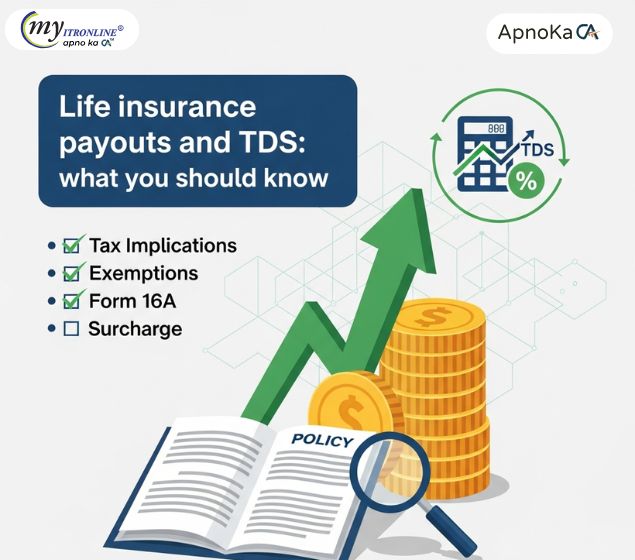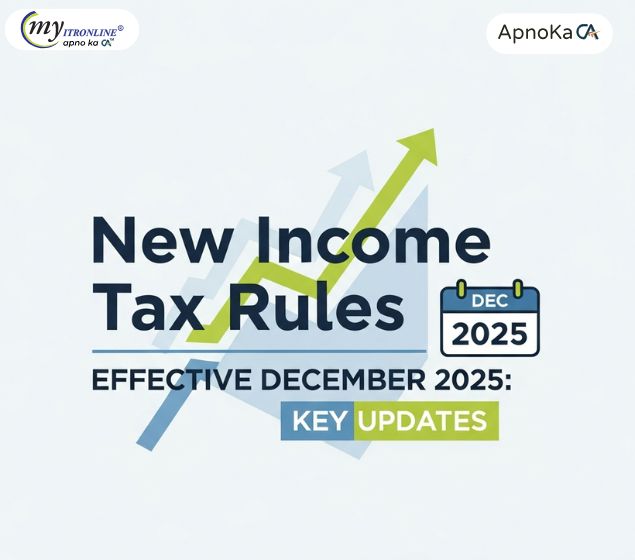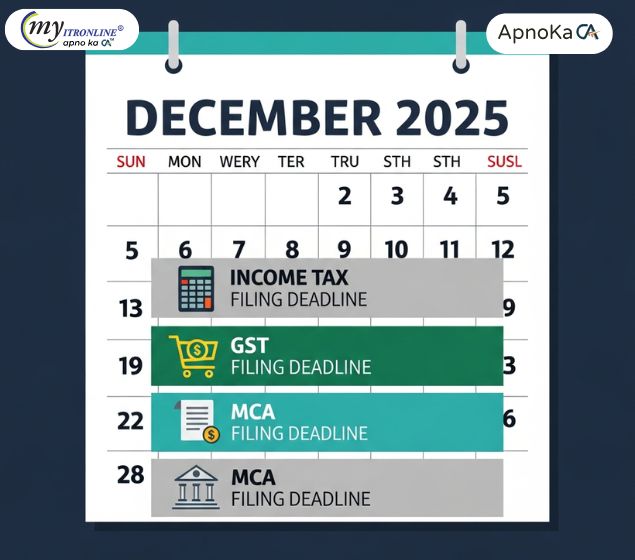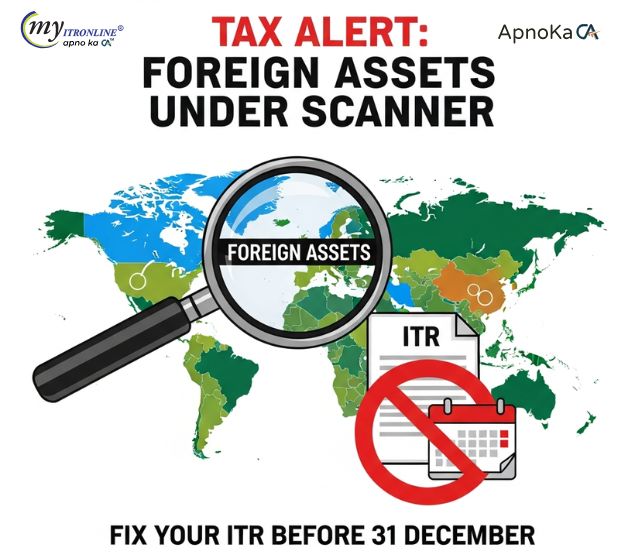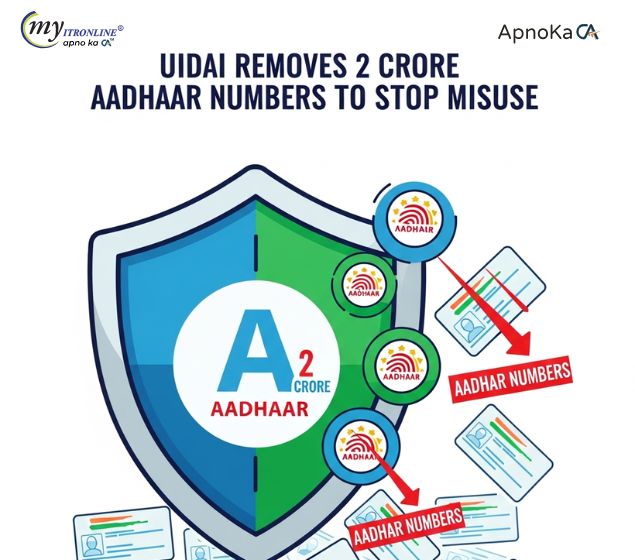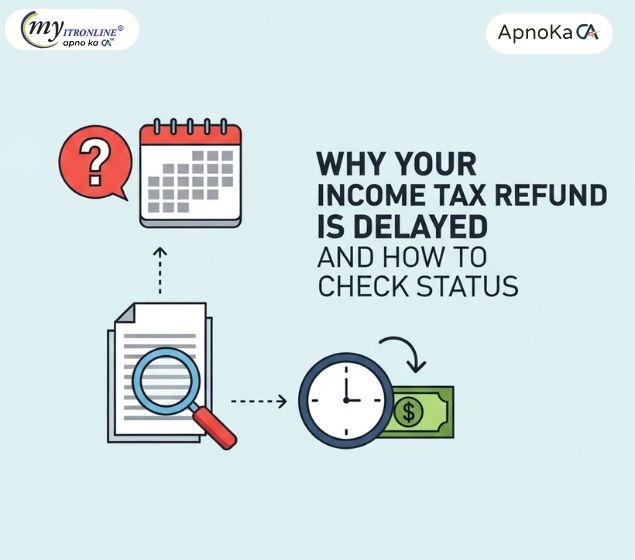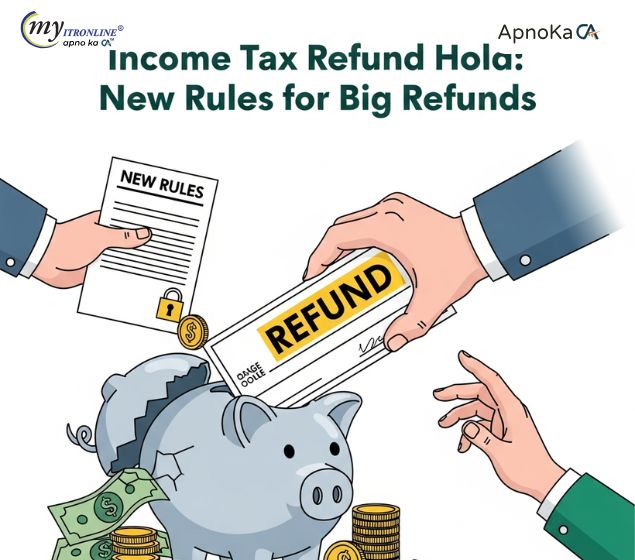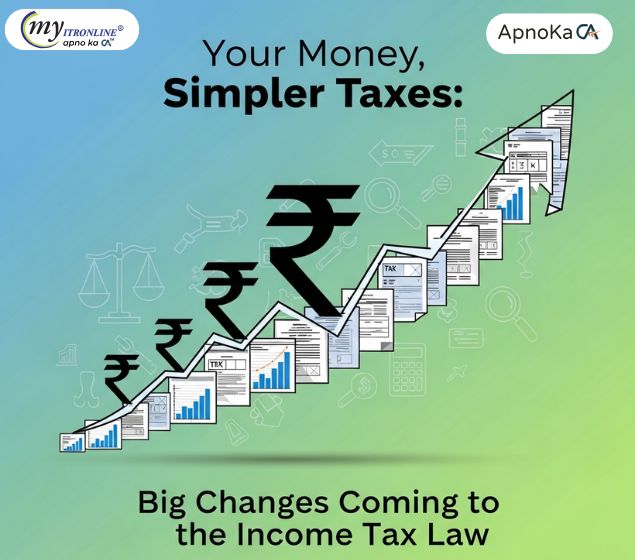Understanding Intimation Order u/s 143(1): What Every Taxpayer Must Know
An in-depth manual on Section 143(1) Intimation Orders, discussing the various types, adjustments, response methods, legal implications, and frequently asked questions to assist taxpayers in addressing discrepancies effectively.
.jpg )
Introduction
The Indian Income Tax framework includes measures to ensure taxpayers meet their tax obligations and correct any errors in their submitted returns. One such measure is Section 143(1) of the Income Tax Act, 1961, which pertains to the preliminary assessment of Income Tax Returns (ITRs). Under this section, the Income Tax Department verifies the tax return through an automated method and provides an intimation order notifying the taxpayer of any inconsistencies, additional tax dues, refunds, or required adjustments.
What is an Intimation Order Under Section 143(1)?
Section 143(1) refers to a notice generated by computer systems, released by the Income Tax Department following a preliminary assessment of a taxpayer’s ITR. This assessment is automated and non-intrusive, implying that it does not involve human engagement unless a discrepancy arises.
The intimation order is produced when the tax department cross-verifies the tax return information with the available data such as TDS (Tax Deducted at Source), Advance Tax, Self-Assessment Tax, and other deductions. The notice informs the taxpayer about the following possible outcomes:
- No discrepancy identified: If the tax return aligns with the department’s records, the intimation declares “No demand, No refund,” and no additional action is necessary.
- Refund is available: If the taxpayer has overpaid taxes, the intimation order specifies the refund amount along with the refund processing method.
- Additional tax owed: If the department uncovers any underpayment of tax, the intimation outlines the tax demand and requests the taxpayer to pay the difference.
The Income Tax Department processes the ITR under Section 143(1) by implementing the following adjustments:
- Mathematical Errors – Rectifications in arithmetic calculations within the tax return.
- Disallowance of Invalid Claims – If a taxpayer claims an exemption, deduction, or rebate that does not comply with tax laws, it will be rejected.
- Discrepancies in Prepaid Taxes (TDS/TCS, Advance Tax, Self-Assessment Tax) – If the taxpayer claims an excess TDS credit or prepaid tax that does not correspond with government records, the claim is adjusted accordingly.
- Mismatch in Income Information – Discrepancies between reported income and data received from employers, banks, or third-party sources.
- Disallowance of Losses – If losses (business loss, capital loss, house property loss) are inaccurately reported, they may be denied.
How to Respond to an Intimation Under Section 143(1)?
Upon receiving an intimation notice, a taxpayer should take the following steps:
- Log in to the Income Tax Portal: Access the Income Tax e-Filing Portal. Input your PAN and password to gain entry into your account.
- Download the Intimation Order: Go to ‘e-Proceedings’ → ‘e-Assessment/Intimation.’ Choose the relevant Assessment Year (AY) and obtain the intimation order.
- Review the Computation Sheet: Compare the figures indicated in the intimation with your submitted ITR. Examine any adjustments made by the tax department.
- Required Actions Based on the Intimation:
- If No Demand or Refund: No further steps are necessary.
- If Refund is Available: Confirm your bank information and wait for the refund.
- If Additional Tax is Required: Settle the tax within 30 days to prevent penalties.
- If You Disagree with Adjustments:
- Submit a rectification request under Section 154 if there has been an error made by the tax department.
- File a revised return under Section 139(5) if an error occurred during your filing.
- To contest the demand, submit an online response through the e-filing portal.
The Income Tax Department is required to issue an intimation order within nine months following the conclusion of the financial year in which the Income Tax Return (ITR) was submitted. Should no intimation be received during this timeframe, the ITR is considered accepted as filed.
Neglecting the intimation notice can result in significant repercussions:
- Interest and Late Payment Charges: If there is additional tax owed that isn’t promptly paid, interest under Sections 234A, 234B, and 234C will be applied.
- Adjustment Against Refunds: If you qualify for a tax refund, the department may offset the outstanding demand against it.
- Recovery Actions: If the tax demand remains unpaid, the department can initiate legal recovery actions, which may include garnishment of wages, freezing of bank accounts, or seizure of property.
- Audit Assessment: If discrepancies continue to exist, the situation might be chosen for a thorough audit assessment under Section 143(2).
- Is an intimation under Section 143(1) considered a notice?
No, an intimation under Section 143(1) is not regarded as a scrutiny notice; rather, it is simply an automated result of the assessment. - What happens if I do not reply to the tax demand?
Not responding within 30 days may lead to extra interest charges, penalties, and recovery actions. - Is it possible to revise my return after I receive an intimation?
Yes, if you made an error while filing, you have the option to file a revised return under Section 139(5) before the cutoff date. - How can I verify if my refund has been issued?
You can monitor the status of your refund on the Income Tax e-filing portal or via the NSDL website. - Can I disregard the intimation if there is no demand?
If the intimation indicates "No Demand, No Refund," no action is necessary. However, it is advisable to retain a copy for your records.
Section 143(1) of the Income Tax Act promotes transparency and correctness in the ITR filing procedure. It is crucial for taxpayers to meticulously review any received intimation and respond accordingly. Disregarding tax intimations may lead to financial penalties, legal complications, and difficulties in future tax submissions. Always verify your tax information, respond promptly, and seek professional help if needed to effectively address any discrepancies.
For help with tax filing and compliance, reach out to an expert at myITRonline today!
FILING YOUR INCOME TAX RETURN F.Y 2024-25 (A.Y. 2025-2026) WITH MYITRONLINE
The income tax filing deadline is right around the corner. If you haven’t filed yet, do it today with Myitronline! Avoid last minute rush and file your tax return today on MYITRONLINE in Just 5 mins.(www.myitronline.com)
If you are looking for eCA assistance to file your income tax return/ GST, you can opt for MYITRONLINE eCA assisted plan starting
Upload Salary Individual Form-16
If you have any questions with filing your tax return, please reply to this mail. info@myitronline.com OR call 9971055886,8130309886.
Note-All the aforementioned information in the article is taken from authentic resources and has been published after moderation. Any change in the information other than fact must be believed as a human error. For queries mail us at marketing@myitronline.com
Krishna Gopal Varshney
An editor at apnokacaKrishna Gopal Varshney, Founder & CEO of Myitronline Global Services Private Limited at Delhi. A dedicated and tireless Expert Service Provider for the clients seeking tax filing assistance and all other essential requirements associated with Business/Professional establishment. Connect to us and let us give the Best Support to make you a Success. Visit our website for latest Business News and IT Updates.
Leave a reply
Your email address will not be published. Required fields are marked *Share this article
Krishna Gopal Varshney, Founder & CEO of Myitronline Global Services Private Limited at Delhi. A dedicated and tireless Expert Service Provider for the clients seeking tax filing assistance and all other essential requirements associated with Business/Professional establishment. Connect to us and let us give the Best Support to make you a Success. Visit our website for latest Business News and IT Updates.
View articles









